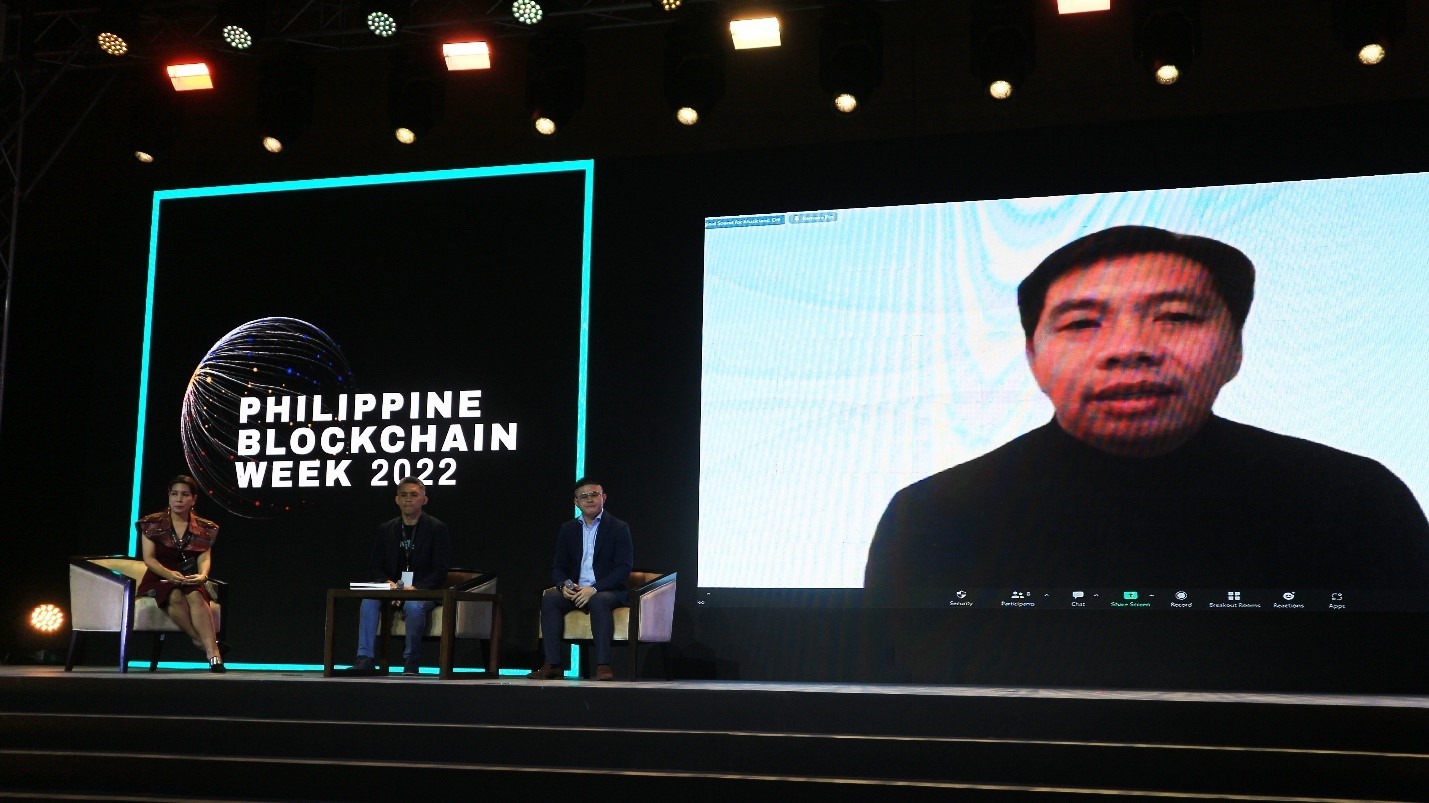Philippine Blockchain Week Day 2 tackles the highs and lows of PH regulation
The topic of regulation of the digital asset industry has consistently made headlines since the FTX fiasco earlier this month, sending shockwaves through all corners of the world where virtual currencies are slowly making their mark on the financial market. And with current developments in space, the problem shows no signs of dying anytime soon.
Key industry players in the Philippines, where 16.6% of citizens are digital asset owners, shared their views on the controversial issue on the second day of Philippine Blockchain Week at the Marriott Grand Ballroom, Newport World Resorts, Pasay City, Wednesday, which opened by Commissioner of the Philippine Securities and Exchange Commission (SEC) Kelvin Lee and Executive Vice President and Chief Innovation & Inclusion Officer of RCBC Lito Villanueva. The discussion on whether governments have the right to dip their hands into exchanges was considered one of the highlights of the high-level gathering, with the Philippine Blockchain Council dedicating at least an hour to the second panel to talk about digital assets.
Panelists Nichel Gaba, Jay Villarante, Eprom Galang and Charles David Inducil – the men behind the Philippines’ list of fully licensed and regulated exchanges – hopped on stage to meet moderator Mark Gorriceta, managing partner, to cheers from the tech-driven crowd. at Gorriceta Africa Cauton & Saavedra, who, after giving the panelists the floor to briefly describe their businesses, fired off the first question of the day: Is this a viable time to introduce and promote blockchain-based asset classes?

Gorriceta referred to the effects of FTX’s implosion, including exchanges having to deal with people’s growing distrust of the industry as many firms suffer the same fate.
For Gaba, the founder of homegrown digital asset exchange PDAX, introducing new asset blocks to Filipinos is still viable, noting that the events that transpired over the past few weeks also have positive effects on the industry.
“This is also a catalyst for the industry to take steps in the right direction,” Gaba said, stressing that this is the right time for the government to step in and regulate the sector.
“Because of what happened, stricter regulations will be introduced, more in line with what we see in traditional markets where in crisis situations we do not go out and withdraw our money from the banks, it may be that this is about trust built in through regulations over time,” he added.
Inducil of Direct Agent 5 Inc. and Surgepay agreed with Gaba, noting that the bottom line of this chaos is that the digital asset industry will have more room for growth, while Coins.ph General Manager Galang said that learning from these mistakes would push the technology ahead.
Money Bees’ Villarante also chimed in, saying regulatory enforcement would strengthen the industry, adding that while everything seems bleak today, the asset class will continue to stay buoyant.
“I have seen so many crypto winters. This has been like the fourth or fifth crypto winter, and every time I’m asked (if) this is the right time (to introduce assets), it’s always the right time,” he said.
As for what kind of regulation should be enforced, the panelists all agreed that protocols that would ensure transparency are needed, although Villarante pointed out that the government will still have to implement different directives for different institutions, depending on the risks associated with them and the nature. of their businesses. He added that strengthening institutions’ proof of reserves will also help promote confidence among consumers.
“Whether you’re running something that’s fully automated or completely decentralized, or you’re running something centralized, put the consumers first,” Villarante said.
For Inducil, traditional finance should be a source of learning among emerging financial institutions, including the exchange of digital assets, pointing out that while there are several things that are dissatisfied in the sector, it cannot be denied that these standards also have the “best ingredients” which stock exchanges and lending services can build on.
But the digital asset sector is not the only industry that world leaders are looking to regulate.
A separate panel consisting of Maya Bank President Angelo Madrid, Alibaba Cloud Country Head of Philippines Allen Guo, and UBX Philippines Chairman Henry Aguda, which was moderated by Philippine Blockchain Council Ida Tiongson, also touched on the topic of regulation in decentralized finance (DeFi).

In response to questions from the audience on whether DeFi and new institutions should involve regulators in the innovation process, Aguda said engagement between law enforcement agencies and industry players is critical to the success of an app or service. He added that technology companies should also practice responsible innovation.
“It (innovation) must be built into the regulators; otherwise, you know, you wouldn’t want to violate anything,” he noted, adding that cooperation with regulators enforces trust and makes it easier to introduce services to the market.
“The more they become digitally oriented, the easier it will be,” Aguda said, noting the need for regulators to get a firm grip on the industry.
For Madrid, new technologies should strike a balance between conformity and remaining progressive.
“At the end of the day, it’s actually making sure you’re offering a financial product to the customer that they can trust. That they can trust again tomorrow, and they can trust again in 10 years or years from now.”
Fearless prognosis
Both panels agreed that issues plaguing the digital assets and DeFi industry will at some point be put to rest and the struggling sectors will live on.
Moderators Gorriceta and Tiongson then went on to question the future of the two industries, with Gaba saying that for the digital asset sector, the next two years will test its resilience as there are likely to be far fewer exchanges due to three things – regulatory requirements, tough capital market, and slowing down of stock exchange activities.
Gaba added that there is a high chance that there will be fewer players in the space – a prediction he said will benefit the industry as this will minimize errors in the sector.
Villarante, for his part, believes that BTC will remain the top ‘crypt’ in the market, while it will likely be a blockchain or Web3 version of popular platforms like Facebook.
In the DeFi space, Madrid visualizes a more efficient mode of digital transaction using blockchain technology, which will be people’s core basis of trust when it comes to innovation. Based on this response, Guo envisions seamless cross-border travel over the next three years as more people use digital wallets.
To wrap it up, the panelists once again urged local industry players to work with the national government and regulators to tap into the unique asset and DeFi market in the Philippines.
See: Ditto CME’s Donald Lim on CoinGeek Backstage
width=”562″ height=”315″ frameborder=”0″ allowfullscreen=”allowfullscreen”>
New to Bitcoin? Check out CoinGeeks Bitcoin for beginners section, the ultimate resource guide for learning more about Bitcoin – as originally envisioned by Satoshi Nakamoto – and blockchain.


